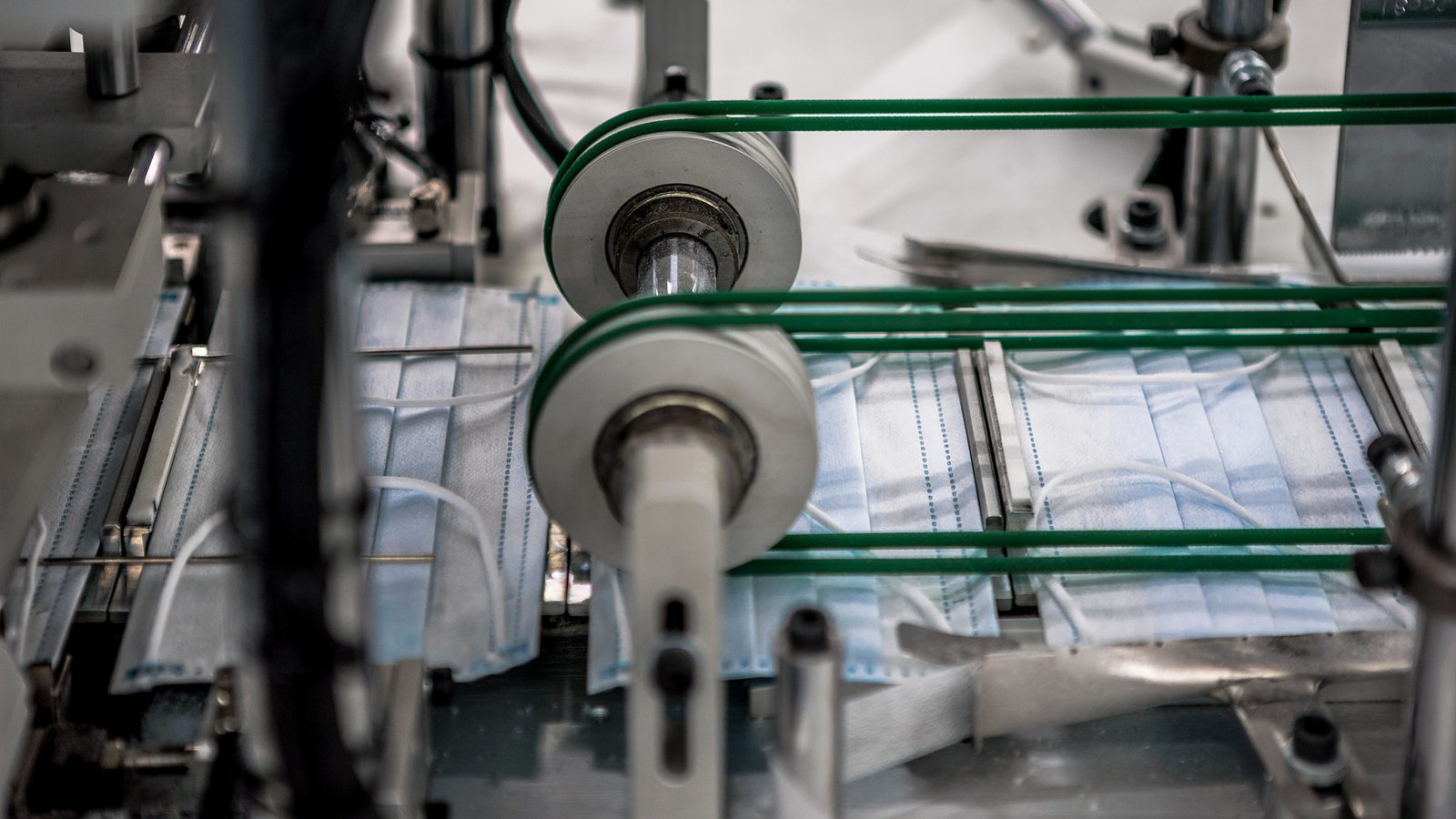By Laser 1 Technologies
Mentorship To Bridge The Skills Gap
The skills gap is a common topic of concern in the manufacturing industry.
In September 2019, the National Association of Manufacturers and the Bureau of Labor Statistics reported a record number of unfilled jobs. Since then, employment statistics are upended with the Covid crisis, and education is also experiencing a profound upheaval.
While the future is more uncertain than ever, it’s clear that the skills gap will remain an issue, and that the manufacturing industry needs to take an active role in training young workers for jobs.
In any industry, a mentor is a valuable asset. Mentorship is one way to attract capable, promising employees and help them cultivate the necessary skills for a satisfying, productive and profitable career in the manufacturing arena. Mentors can help people advance in their field and broaden their skills, and they will benefit from the support of a like-minded insider who knows them well.
Career Path Counseling
When a good mentor really knows their mentee, they have an invaluable perspective on career path options. With their experience in the field and an objective perspective of a person’s talents and values, they may be able to provide insightful guidance for long-term decisions.
Learning the Skills of the Trade
New hires and existing employees can both learn some new skills when they align themselves with a mentor. Someone who has been with the company or in the industry has insider info and tricks of the trade that can be invaluable. While the typical scenario we imagine is an older mentor with a younger mentee, there are times when those tables can be turned. Older employees who seek to up their digital skills may benefit from partnering with a younger mentor in the “digital native” generation.
Developing Soft Skills
Most people who are well advanced in their careers have cultivated valuable “soft skills” such as communication, leadership skills, and strategic thinking. Younger, less experienced members of the workforce benefit from their example and from direct advice and instruction in these skills.
Mentorship Encourages Career Commitment
Mentorship can make a critical difference in the experience of someone new to the company or the industry. While it’s not a replacement for formal education or training programs, it is a powerful complement to them.
Companies who want to invest in their communities and the local population will benefit from establishing formal mentorship programs, and/or promoting informal mentorships, to make sure that entry-level employees are exposed to the incredible potential of a career in contemporary manufacturing. There’s a place for talents of all stripes in today’s factory, and the insights and support of a good mentor can make all the difference in helping a promising young person find a gratifying, rewarding path in the industry.




